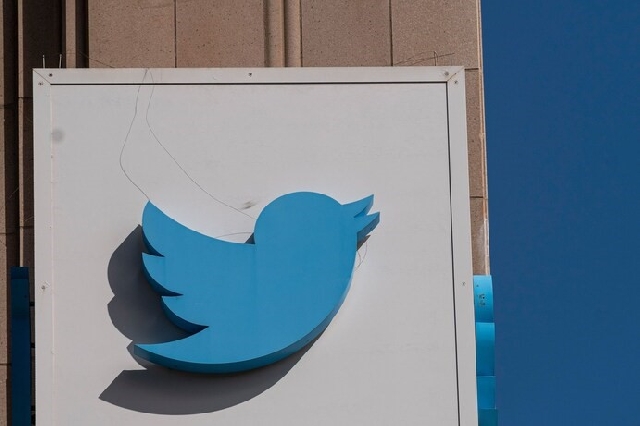Three fact-checking tools available on Twitter
 Twitter
Twitter
As we become increasingly aware of the potential of some social media users to spread information to satisfy various intents, we must employ all tools available to avoid being the victims or secondary perpetrators of misinformation.
Here are three fact-checking tools available to you on the Twitter App.
1. Community Notes (formerly Birdwatch) – Crowdsourced Fact-checking Tool
Introduced in January 2021, Community Notes is a feature on Twitter that allows tweets to be fact-checked by Twitter's team of fact-checkers and volunteer fact-checkers.
Twitter says, "Community Notes aims to create a better-informed world by empowering people on Twitter to collaboratively add helpful notes to Tweets that might be misleading."
How it works:
Besides Twitter's team of fact-checkers, the company allowed volunteers to sign up to be contributors to flag, fact-check, and rate fact-checks on tweets as helpful or not helpful.
According to Twitter, "contributors can suggest a note on any tweet. Notes are then rated for helpfulness by other contributors."
Notes are only shown on tweets if they are rated helpful by enough people from different perspectives. Although this service is not yet available worldwide, more countries are being enabled to access the service.
This is a reverse image search bot on Twitter. The bot's operators say the service is to help "stop the spread of misinformation on Twitter, find image sources/creators, and get more information about images shared on Twitter."
The bot's creator, Selva Prakash, says people have used the bot to get more information about images, validate the context of pictures, and acknowledge the creators of images.
How it works:
When you reply to tweeted images with "@searchthisimage," the bot conducts a reverse image search and responds with relevant websites related to the tweeted image.
3. Refer to fact-checking institutions active on Twitter
Proven bodies that work tirelessly to fact-check claims are a reliable tool at your disposal. In Ghana, DUBAWA Ghana and Fact-Check Ghana are some of the most active fact-checking bodies on Twitter. They update their pages with fact-checks, explainers and media literacy articles almost daily. Media houses can also be a tool for your fact-checking purposes.
How it works:
Mention @dubawaGH or @factcheck_ghana on topical images or text content you doubt, inviting them to use their expertise to probe the matter.
While this method may not be slower than the first two, it may be the most thorough option.
Conclusion
The ripple effects of information disorder have culminated in public apathy, death, and wars. Information disorders may be on the rise, but so are the methods of identifying and fact-checking them. Use the tools mentioned above as you browse the Twitter App for a safer browsing experience.
The researcher produced this explainer per the DUBAWA 2023 Kwame KariKari Fellowship partnership with Class Media Group to facilitate the ethos of “truth” in journalism and enhance media literacy in the country.






